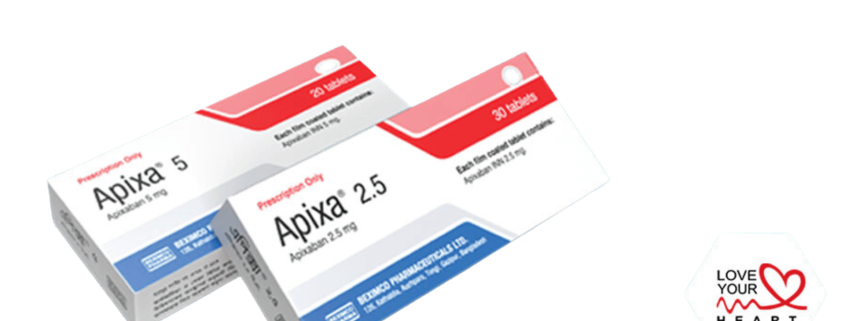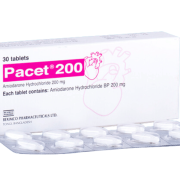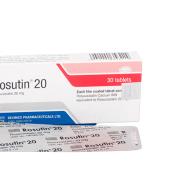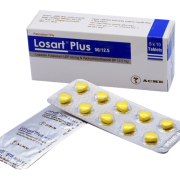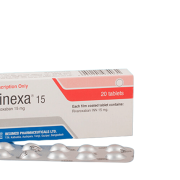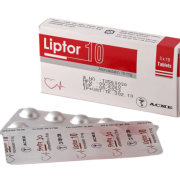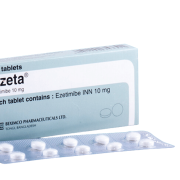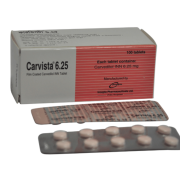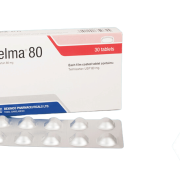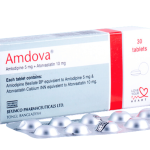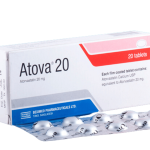Apixa
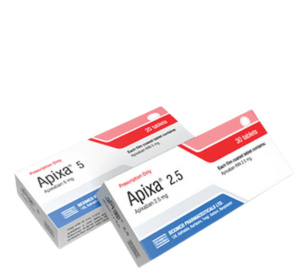
Generic Name: Apixaban
Dosage Form: Tablet
TG Name: Cardiovascular
1. What is Apixa®?
Apixa® (Apixaban) is an oral, reversible, and selective active site inhibitor of FXa. It does not require anti-thrombin III for antithrombotic activity. Apixaban inhibits free and clot-bound FXa, and prothrombinase activity.
2. How Apixa® works in our body?
Apixaban is a selective inhibitor of FXa. Inhibition of factor Xa interrupts the intrinsic and extrinsic pathway of blood coagulation cascade. Apixaban inhibits free and clot-bound FXa, and prothrombinase activity. Apixaban has no direct effect on platelet aggregation, but indirectly inhibits platelet aggregation induced by thrombin. By inhibiting FXa, Apixaban decreases thrombin generation and thrombus development.
3. What are the indications of Apixa®?
- Non-Valvular Atrial Fibrillation
- Deep Vein Thrombosis
- Pulmonary Embolism
- Prevention of VTE after elective Hip/Knee Replacement surgery
4. What are the dosage & administration of Apixa®?
Recommended Dose
The recommended dose of Apixaban for most patients is 5 mg taken orally twice daily.
Dosage Adjustments
The recommended dose of Apixaban is 2.5 mg twice daily in patients with any 2 of the following characteristics:
- age ≥80 years
- body weight ≤60 kg
- serum creatinine≥1.5mg/dL
CYP3A4 and P-gp inhibitors: When Apixaban is co-administered with drugs that are strong dual inhibitors of cytochrome P450 3A4 (CYP3A4) and P-glycoprotein (P-gp) (e.g. ketoconazole, itraconazole, ritonavir, clarithromycin) the recommended dose is 2.5 mg twice daily.
Missed Dose
If a dose of Apixaban is not taken at the scheduled time, the dose should be taken as soon as possible on the same day and twice daily administration should be resumed. The dose should not be doubled to make up for a missed dose.
Discontinuation for Surgery and Other Interventions
Apixaban should be discontinued at least 48 hours prior to elective surgery or invasive procedures with a moderate or high risk of unacceptable or clinically significant bleeding. Apixaban should be discontinued at least 24 hours prior to elective surgery or invasive procedures with a low risk of bleeding or where the bleeding would be non-critical in location and easily controlled.
Switching from or to Apixaban
Switching from warfarin to Apixaban: Warfarin should be discontinued and Apixaban started when the international normalized ratio (INR) is below 2.0.
Switching from Apixaban to warfarin: Apixaban affects INR, so that INR measurements during co administration with warfarin may not be useful for determining the appropriate dose of warfarin. If continuous anticoagulation is necessary, discontinue Apixaban and begin both a parenteral anticoagulant and warfarin at the time the next dose of Apixaban would have been taken, discontinuing the parenteral anticoagulant when INR reaches an acceptable range.
Switching between Apixaban and anticoagulants other than warfarin: Discontinue one being taken and begin the other at the next scheduled dose.
Renal Impairment: In case of renal impairment (Mild, Moderate, Severe) no dosage adjustment is needed.
Hepatic Impairment: In case of Mild hepatic impairment no dosage adjustment is needed. In case of Moderate & Severe hepatic impairment Apixaban is not recommended.
5. What are the contraindications of Apixa®?
- Active Pathological Bleeding
- Severe hypersensitivity to Apixaban (i.e. anaphylactic reactions)
6. What are the adverse effects of Apixa®?
The most common and most serious adverse reactions reported with Apixaban are haemorrhage, contusion, epistaxis and haematoma.
7. What would be the storage condition of Apixa®?
Store Apixa® in a dry place, below 30o C. Keep away from heat, moisture and direct sunlight. Keep this medication away from children.

